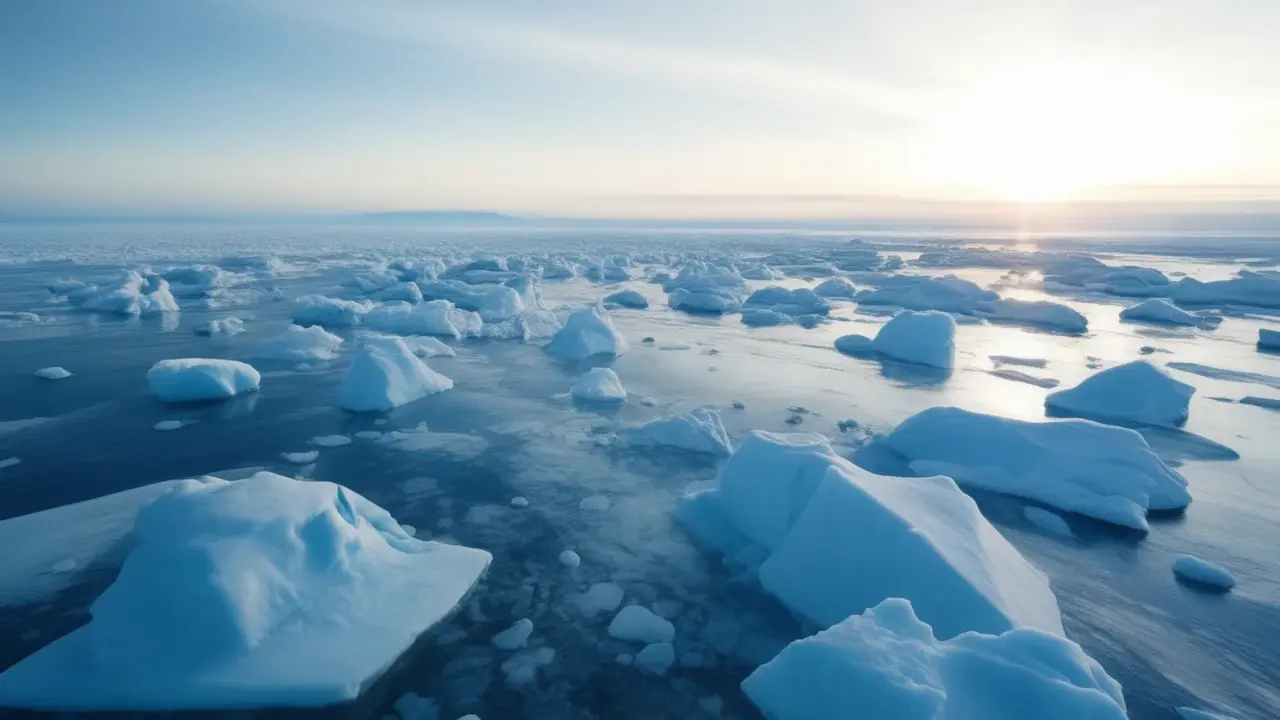Using computer modeling, researchers found that most models suggest an ice-free day will occur within nine to twenty years after 2023. In extreme scenarios, the Arctic could become ice-free within three years. These events result from unusually warm seasons that prevent sea ice from recovering.
Freeing the Arctic from ice will have significant global consequences. Without ice to reflect sunlight, the ocean will absorb more heat, accelerating both regional and global warming. This could lead to more extreme weather conditions on a global scale.
Something needs to be done.
Source: Ferra
I am a professional journalist and content creator with extensive experience writing for news websites. I currently work as an author at Gadget Onus, where I specialize in covering hot news topics. My written pieces have been published on some of the biggest media outlets around the world, including The Guardian and BBC News.











